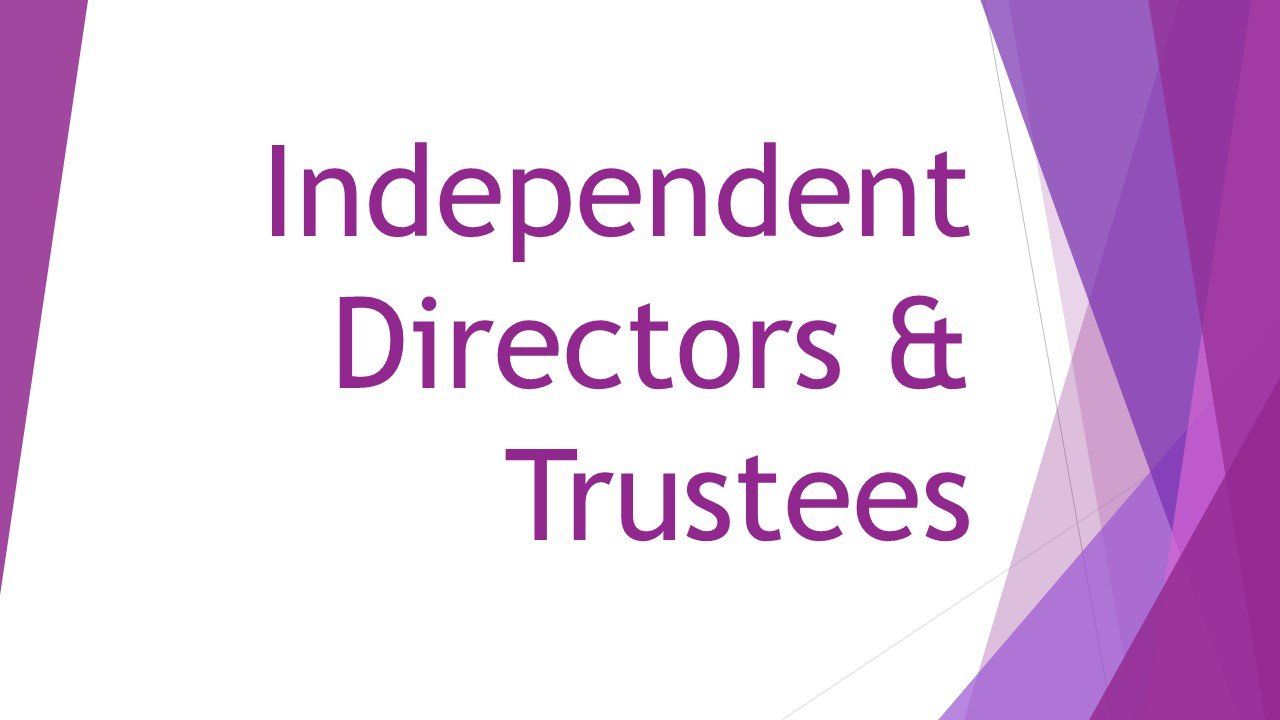Company Values
Why defining the values of your organisation can be beneficial, and how they can underpin positive EO culture

There is frequent commentary on the culture and ethos of an organisation. However, these are often intangible and difficult to define or identify in a way that adds meaning. Considering and agreeing defined values can underpin and define the culture, as well as setting clear behaviours that can feed through everything that makes an organisation great.
What are values?
Company values are usually a set group of behaviours that are defined to underpin the organisation and those that work within it.
Often they describe behaviours that there is an expectation that all individuals showcase, or that bind all employees together. But when aligned to the wider organisation, the actions taken by teams and individuals aligned to collective values can create a powerful cohesion.
Values and Employee Ownership
In an EO company, values can play an important part in defining and guiding the business.
As founders depart, their legacy, evidenced by the values, can be a core part of creating stability for the business and its employees through this period of a change in ownership. As the business then continues to evolve, the values can be a core connection to the past and a stable springboard for the future.
Post transition, values based decision making can maintain this stability as well as enhance the effectiveness of the communication, implementation and outcome of decisions.
For example, if an increased investment in learning and development is identified as an agreed decision, this can be seen as a positive if that company has career development and personal learning as a value, even though it may impact on the availability of profit to share. There is a perceived greater good from the decision to invest in learning, aligned to actions that encourage all employees to develop. There is also a tangible benefit to increased revenue in the future due to the higher level of skills of those who have benefited from the training, thus supporting future profit.
- LIFELONG LEARNING as a company value in action can encourage individual development, team collaboration, knowledge sharing and a company-wide focus on identifying the multiple ways that individuals at all levels can continue to challenge themselves, expand their knowledge and develop their skills through formal and unstructured learning.
How can Values help an Organisation?
If values correctly reflect the expectations of individuals within an organisation, they can touch a number of areas.
Recruitment processes can utilise values to assess candidates own values, identifying those with aligned personal values to the organisation. By doing this, the individual is more likely to feel included in the organisation, and will thus thrive and be successful. Behaviours are inevitably more difficult to change than actions and application of processes.
Role deliverables can be aligned to the values, ensuring that each individual has a clear connection to the values through the activities that they undertake in their role. In some organisations values and their positive application is a defined requirement in career development, development plans and personal appraisals.
Leadership decision making can, and should, be based on the values of the organisation. Through this lens their decisions are more likely to be understood, accepted and supported by those who work to, and with, the values.
Cross company teamwork can be better undertaken, and have more opportunity to be successful, if consistent values and behaviours are showcased, despite individual teams having different deliverables or being at a different stage of the company delivery chain.
- TEAMWORK as a company value, can be particularly powerful, both within delivery teams, and across the business. Implementation of working groups to enable employee participation in their business can create strong bonds across an organisation and can serve to reduce working silos whilst generating fresh ideas from different perspectives.
Individual vs Company Values
Aligning personal values to those of the organisation in which an individual works can be invaluable, for both the person and the company.
Similar behaviours, ethos and values can lead to a better enjoyment at work, thus a greater connection and delivery. Work becomes a pleasure not a chore.
But if they’re not aligned, work is just that “work” … rarely a positive and enjoyable experience.
- INNOVATION as a company value, particularly in a creative environment, can generate opportunities, underpin initiatives, be woven through internal communications and external marketing, drive project creativity and underpin interactions with clients.
In a number of businesses we work with, workshops have been held to review and update values post transition, bringing employees into the discussion of whether the values are still appropriate in the new ownership structure. How these values are showcased in day-to-day activities and how they can underpin the future direction. Engagement in the discussion of what ‘this is how we do things round here’ means for each individual, and team, can create a better connectivity to ownership.
Different Companies, Different Values
Values across organisations are different, even if they’re working in the same sector. Different isn’t wrong, they merely reflect a different environment, leadership expectations, employee collective culture or may reflect the history of the business.
Whilst values may be set by a leadership team, it’s the individuals within the organisation that bring them to life. And it’s the values that underpin how any individual describes their organisation and their personal connection to that organisation.
- SUSTAINABILITY as a company value in action can cross sectors but may be defined and applied in very different ways depending on the organisation and its approach. Is this sustainability of the company providing long-term employment, or sustainability reflected in environmental impact?
Frequently in EO companies we have seen peer pressure aligned to values as being a driver in an EO business. Whilst leadership showcasing values is critical, colleagues embracing and showcasing the values within their team has an equal positive impact.
What are your values and how do you bring them to your role in your organisation, and your interactions with your colleagues?
As independent trustees one of our roles with EO companies is to ensure that leadership teams understand the company values and reflect them in their actions and decision making. IDTs values are linked around Knowledge through 2-way knowledge sharing between colleagues and with our clients; Professionalism through all we do and how we work; and Respect by sharing our knowledge confidently whilst welcoming, encouraging and supporting the contribution of others.
This original version of this article was written for the in-house magazine of one of our clients.

